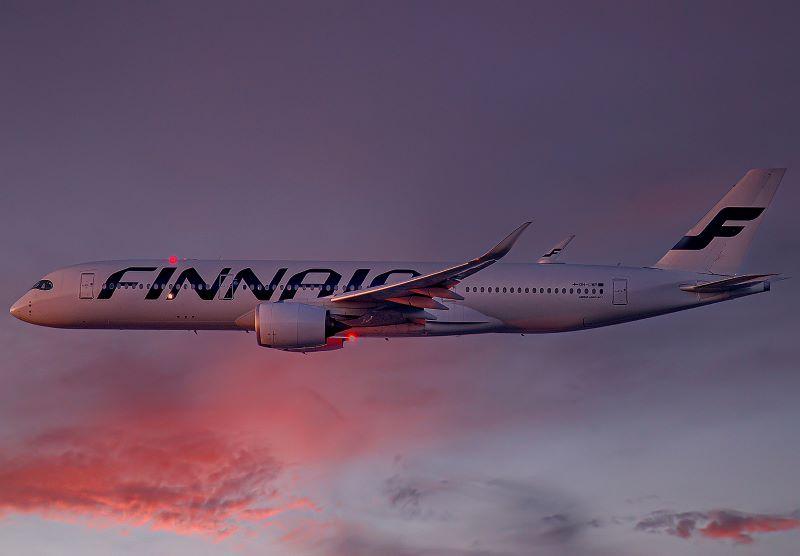
Finnair Airbus A350-900
Credit: Joe Pries
PARIS—Finnair says demand for travel is holding up against a backdrop of high inflation and rising prices, and passengers are tending to book last-minute travel. “There’s no sign yet of inflation putting off travelers but bookings are extremely close in,” Finnair market director Europe Javier Roig...
Subscription Required
This content requires a subscription to one of the Aviation Week Intelligence Network (AWIN) bundles.
Schedule a demo today to find out how you can access this content and similar content related to your area of the global aviation industry.
Already an AWIN subscriber? Login
Did you know? Aviation Week has won top honors multiple times in the Jesse H. Neal National Business Journalism Awards, the business-to-business media equivalent of the Pulitzer Prizes.





